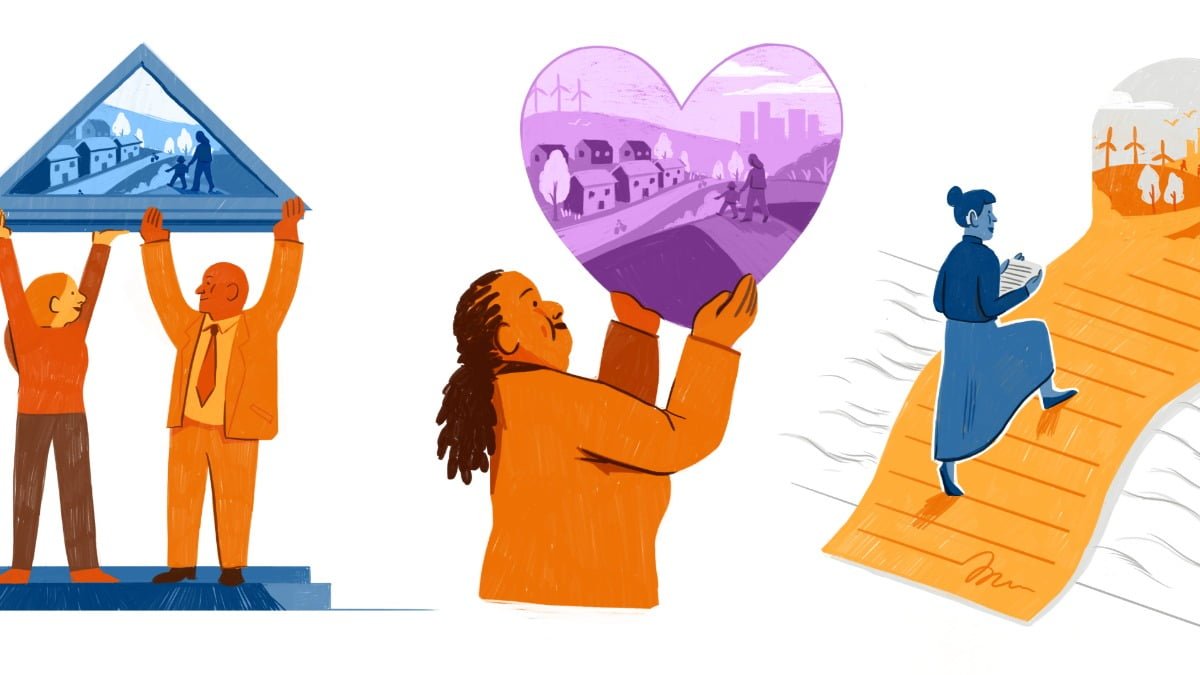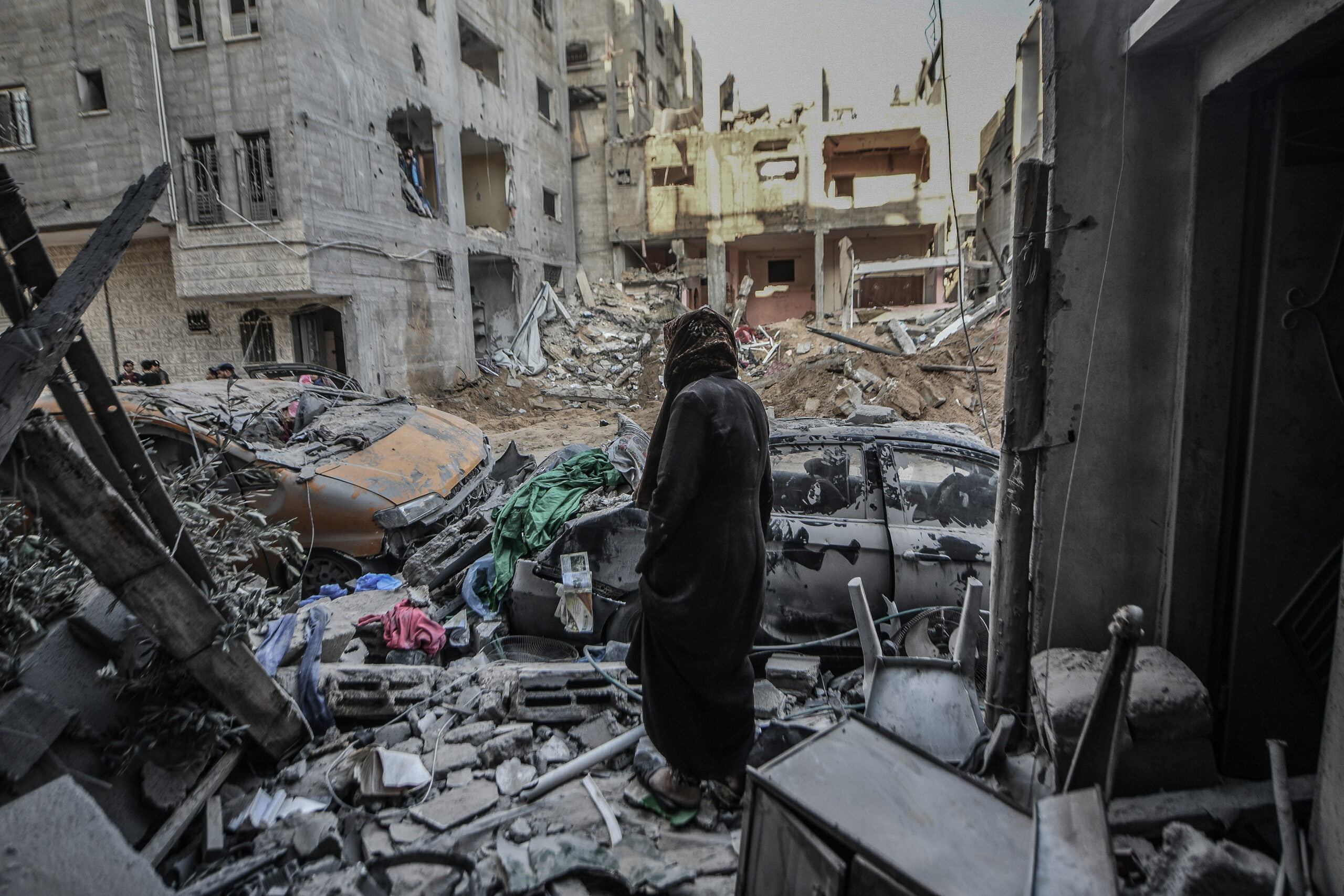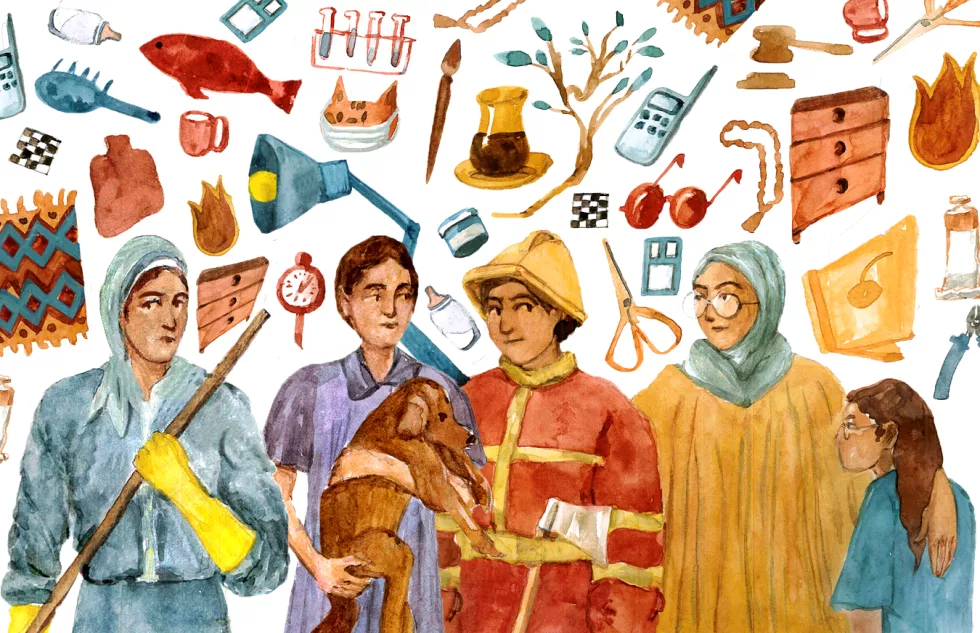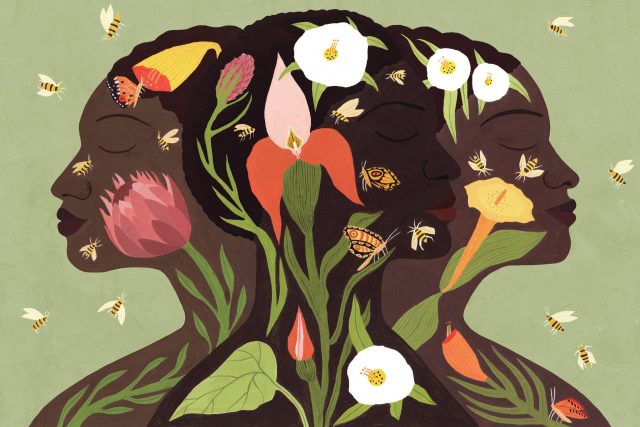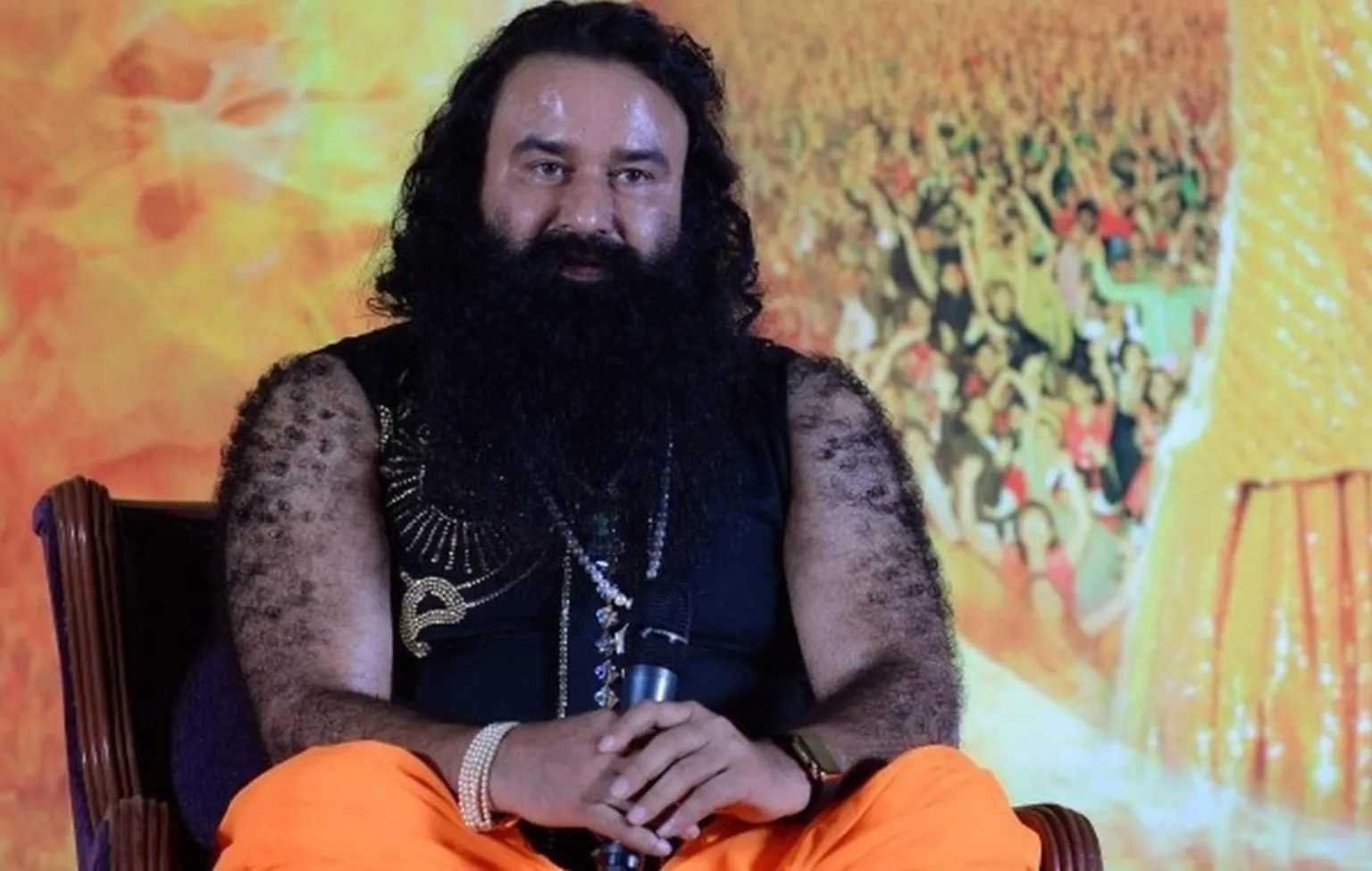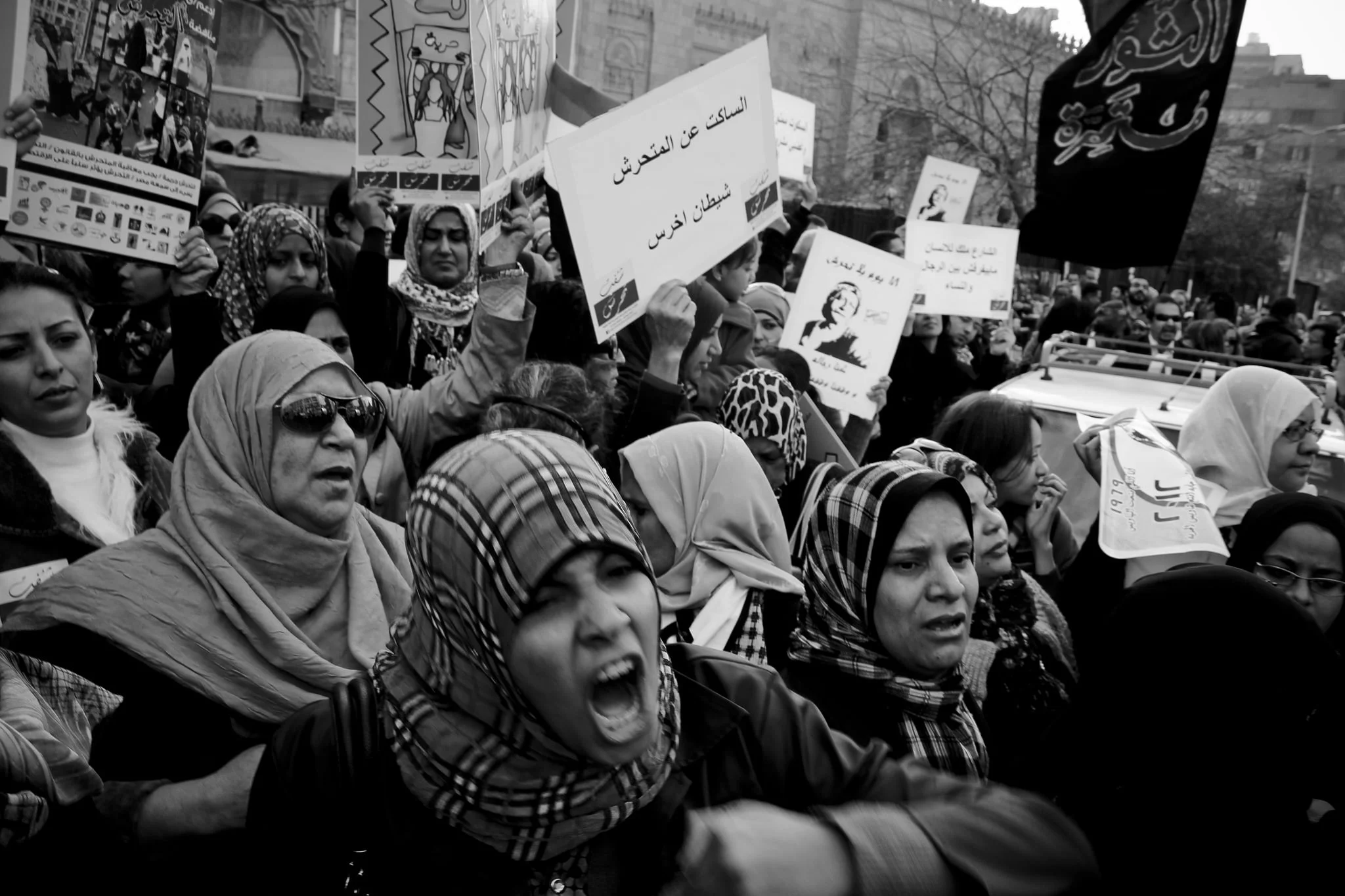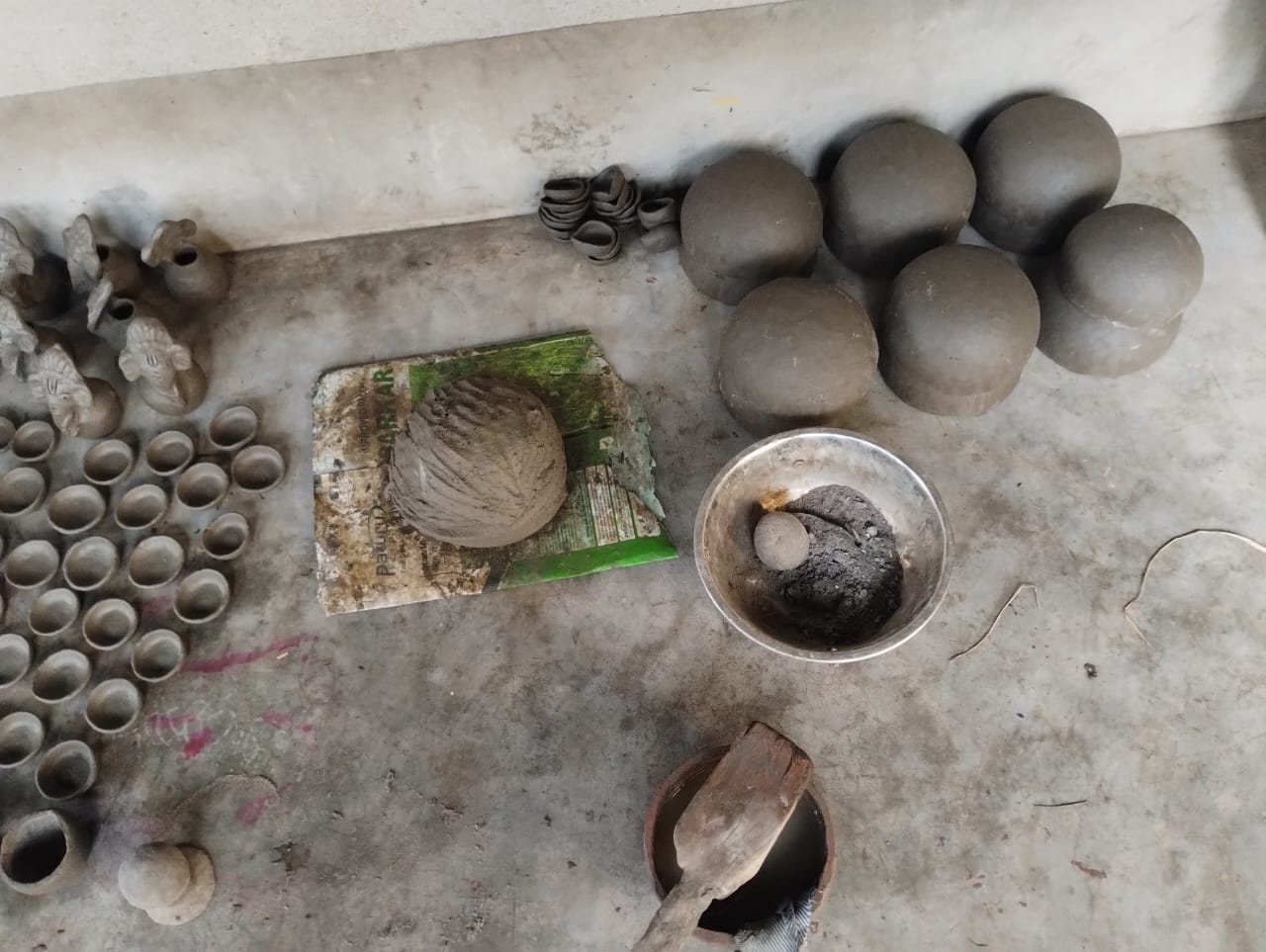Our world is ravaged by populist identitarian backlash against open, inclusive societies. It is a time when xenophobic ultra nationalism is celebrated in capitals and government press conferences. Russia’s invasion of Ukraine is a revealing example where an aggressor autocrat tries to destroy its neighbouring democratic state while the world watches. This macho-militaristic expansionism is not the speciality of only Putinism but it derives validity from an international order that believes in power flexing and is based on the politics of coercion.
Such a political system will never bear us the ideals of co-existence and the recognition of human rights to a living political reality. In such a situation, our only hope can be to change the way we do politics and adapt to a political approach that believes in reconciliation, co-existence and empathy while fighting these toxic aggressive strides on streets, parliaments, and courtrooms. And that political strategy is the politics of care.
Enriched by critical theory, feminist queer movements, intersectionality and post-colonialism, the politics of care is a political practice and a feminist way of governing and distribution. It is described as the political ethic for modern times by many prominent feminists. It dismantles oppressive power structures, calls out domination and seeks to establish the new set of ideas, and a language that does not ignore shared vulnerabilities of human existence. It lays emphasis on connections that are authentic and orients towards healing.
Care aims to forge a new model that will create new forms of relations between citizens and institutions, based on compassion that are not just mechanical. It will move beyond treating its own citizens as vast pool of data, numbers and figures.
Care aims to forge a new model that will create new forms of relations between citizens and institutions, based on compassion that are not just mechanical
This political thought and action seek to eliminate the alienation that is generated by the traditional sources of power namely state, nationalism and government. Its fight is against racial capitalism, cis-hetero patriarchy, the carceral state, and the colonial residues that are the biggest obstacles in emancipatory politics.
Care as a political ethic for modern times
Nation-state power structures are based on domination, coercion, and threats of invasion. The polity embedded in muscle flexing is inherently set to produce human suffering and oppression. Political ideals of domination can only lead us into wars, exploitation and tragedy.
The reckless and unaccountable state power that we are witnessing in the Israeli invasion of Gaza and its deadly horrors are a testimony of a global system that gives its nod to occupying colonialist forces and hence is equally responsible for producing chains of conflicts.
In this regard, the concept of care becomes a political as well as a moral tool. It opens the windows for us to perceive the morality through intersectional and feminist lenses. It gives the hope of reimagining a political life that will be compassionate and conciliatory towards the human experiences. Such a framework will have the capacity of redefining the cultural and political landscape.
This approach to politics envisages the concept of care in a wide range of social work settings from driving the discourse on mental health, homelessness, displaced migrants or victims of communal pogroms, child protection, refugees and humanitarian intervention.
Conventional approach limited care as a resource that had to be distributed among autonomous individuals, and relegated it as an inherently feminine virtue
Conventional approach limited care as a resource that had to be distributed among autonomous individuals, and relegated it as an inherently feminine virtue. The care gives us the framework to critically look at relationships of power and promote social work that weighs more on human rights and social justice.
Empathy, resistance and vulnerability: speaking out the ‘unpleasant and unlikeable’
As part of various marginalised groups, we are often told not to be reactive or not to create troubles. Marginal voices are often silenced and preached not to talk about issues of mental health, physical abuse, recognition and visibility, which are dismissed as “personal grievances.” “Professionalism’ becomes a façade for covering the systemic exploitation, a tool to escape responsibility. In professional situations, we are advised not to take everything personally and be more tolerant even if it is an abusive behaviour.
Radical vulnerability is speaking out about these issues and sharing one’s emotions, experiences, and struggles out in open or in safe spaces. It is an “act of resistance”. Radical vulnerability in feminist spaces combats issues of mental illness, disability, and trauma and helps breaking stigma and dismantling stereotypes.
Radical vulnerability encourages individuals to express their true self even when it might be uncomfortable or risky to do so. It is a step towards not feeling shame for what we are and breaking away from guilt and stigma attached to finances, body or caste and other categories of self-shame. Speaking out if one comes from marginal background is nothing less than a revolution. This feminist tool teaches us to be visible and practice self-love.
Putting our vulnerabilities out in open may give strength to others to take steps in the same direction. It is immensely powerful when you see someone speak up about the shared traumas. The success of the #MeToo movement a is prime example in this regard.
Putting our vulnerabilities out in open may give strength to others to take steps in the same direction.
The outbreak of the COVID-19 pandemic pushed the politics of care and radical vulnerability from a topic of academic discussion to a political theory to be practiced in real life. This renewed enthusiasm for care as a political strategy becomes much more crucial given a fresh wave of global conflicts and humanitarian crises spiralling from Yemen to Ethiopia and Kenya amid ongoing and new forms of state violence at home.
As the research paper The Politics of Care says, ‘We have a culture and political system that distributes violence and not care.’ This commitment to violence increases the risks for the systemic exploitation of those standing at the margins of the societal ladder. Such critical moment is the right point of departure and redefines care as a political praxis that will promote new ways of living and relating, and national and global governance.
Care and radical vulnerability are an inherently interdependent survival strategy and an effective way of political organising. Collective care is the best tool for mutual aid and awareness, taking us towards a politics to build a world in which all people with differences and from diverse intersections of society can live and thrive.
Collective efforts around HIV/AIDS across the globe, Palestinian food distribution programs, self-sustaining civil society aid groups during the horrific second wave of Covid-19 in April 2021 became the beacon of light and hope when state apparatus was nowhere to be found.
The integral part of care in the functioning of our societies and their crumbling in its absence was a visible outlier.
Amid the despair of the Oxygen crisis and the political system’s utter failure, one thing was impossible to miss – the urgency of care in its various forms. The integral part of care in the functioning of our societies and their crumbling in its absence was a visible outlier.
The State’s public service system almost vanished from state capital cities and even the country’s capital. Locked in houses, unable to see loved ones and seek emotional support, we saw hope in ‘unknown’ neighbours. The essential work of immigrant agricultural workers, medical professionals and grocery stores made us realise their undeniable need for the basic functioning of our societies and how invisible these forms of care have been.
Practices of care which have been emboldened by the contribution of feminist mothers, include caring masculinity, meditations on love, self-care, conciliation with nature and cross-species care. It broadens the scope of care through the lens of social neglect, emphasising on social work with fuelling the current discussion about care and justice.
Demonstrating new approaches to transform the current politics, care further aims at learning from the post-colonial margins, Aboriginal societies, LGBTQI communities and disability politics.
